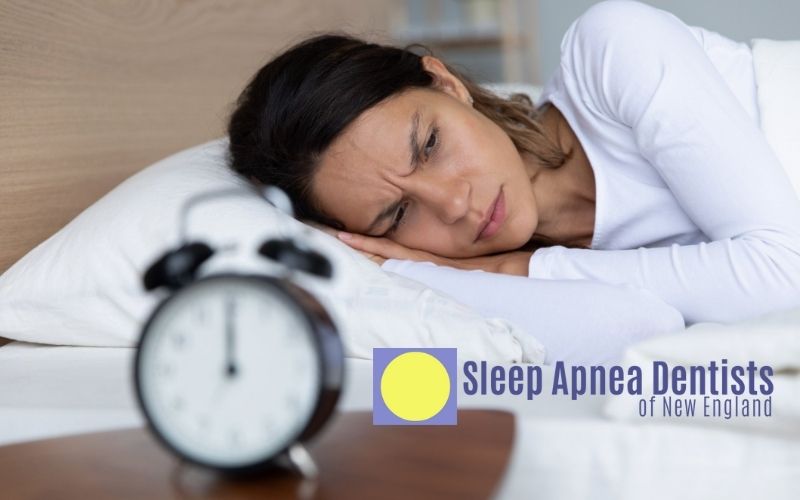Sleeping is an essential part of our lives. It helps us recharge for the next day. Research in this area has helped understand various sleep disorders.
But most research has dodged the question of how different women’s sleep patterns are compared to men.
Why is insomnia more common in women?
The National Sleep Foundation survey, one of the first surveys in this field, found that 46% of women reported troubles with sleep almost every night. Other studies also conclude that insomnia is 40% more prevalent among women.
A prominent reason for this difference is biological, where hormone production during pregnancy, postpartum, menopause and menstruation changes. But social and cultural reasons, like work and family, also play a role, according to the survey.

Gender and sleep
Gender differences have important scientific consequences. For instance, almost a decade ago, the Food and Drug Administration reduced the recommended dose of zolpidem, a drug similar to Ambien, by half for women to treat insomnia. This came after the discovery that women metabolized the drug much slower than men — which led to gender-specific guidelines.
“It was important to raise the issue of sex differences — which is biological differences between women and men — to point out that there are differences in sleep in both the sexes,” said Dr. Monica Mallampalli, the senior scientific adviser for Healthywomen.org and a board member for Alliance of Sleep Apnea Partners.
For example, obstructive sleep apnea, a sleep disorder in which breathing repeatedly stops and starts, is typically found in men. But women also experience it, Mallampalli explained.Report ad
“Usually, they’re misdiagnosed or undiagnosed, and the symptoms that they present are very different than what a typical man would present,” she said, adding, “it’s also mostly hormonal.” Fibromyalgia, a condition that causes pain all over the body, has also been linked to insomnia, peaking at puberty and menopause for women, both periods of hormonal change.
What are the types of sleep problems women face?
1. Depression, anxiety and stress
Sleep is often tied to mental health and women are proven to be more likely to suffer through depression and anxiety. Studies show that women are more likely to ruminate about their concerns which can hamper their ability to fall asleep or go back to sleep.
2. Pregnancy
According to a study, around 30% of women say they rarely sleep and more than 50% have insomnia-like symptoms. Neck and back pain paired with difficulty finding a comfortable sleeping position can disturb the quality of sleep. These problems can persist after childbirth.
3. Obstructive sleep apnea
Women with sleeping problems like obstructive sleep apnea are less likely to be referred to specialized sleep clinics, according to a study on gender bias in sleep disorder diagnosis. Mallampalli explained, obstructive sleep apnea is often underdiagnosed in women.
4. Restless leg syndrome
This syndrome creates a strong under to move limbs, especially legs, when lying down. Restless leg syndrome is also more common in men than women. Mallampalli adds that this syndrome is commonly seen in pregnant women.
How do you improve your quality of sleep?
Environmental stimuli such as a bright light in the bedroom, traffic noises, music, television, room temperature, pets and bedpartners can all affect sleep. The Society for Women’s Health Research created a Women & Sleep guide which suggests darkening rooms with blackout shades and drapes, turning off electronics in the room and double-paning windows for noise cancellation.
Earplugs, eye masks and white noise machines are also extremely helpful. Caffeine and electronic gadgets should be avoided at night time, as well as stimuli like nicotine and alcohol, according to researchers.
Mallampalli, who was involved in creating this guide, believes that by spreading awareness, more women will be able to advocate for themselves and ask their physical care physicians about sleep health. And this is how a change can begin.
